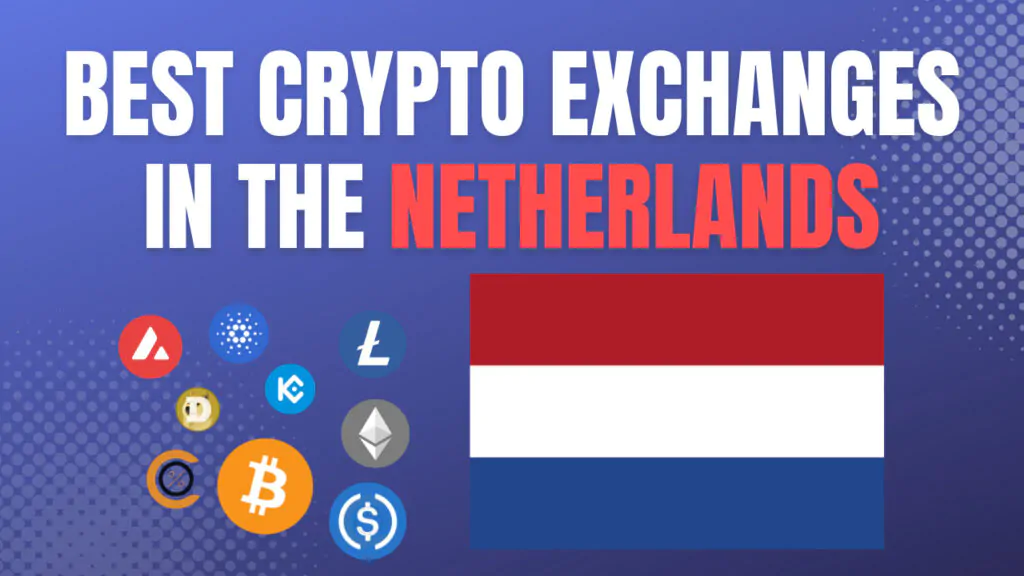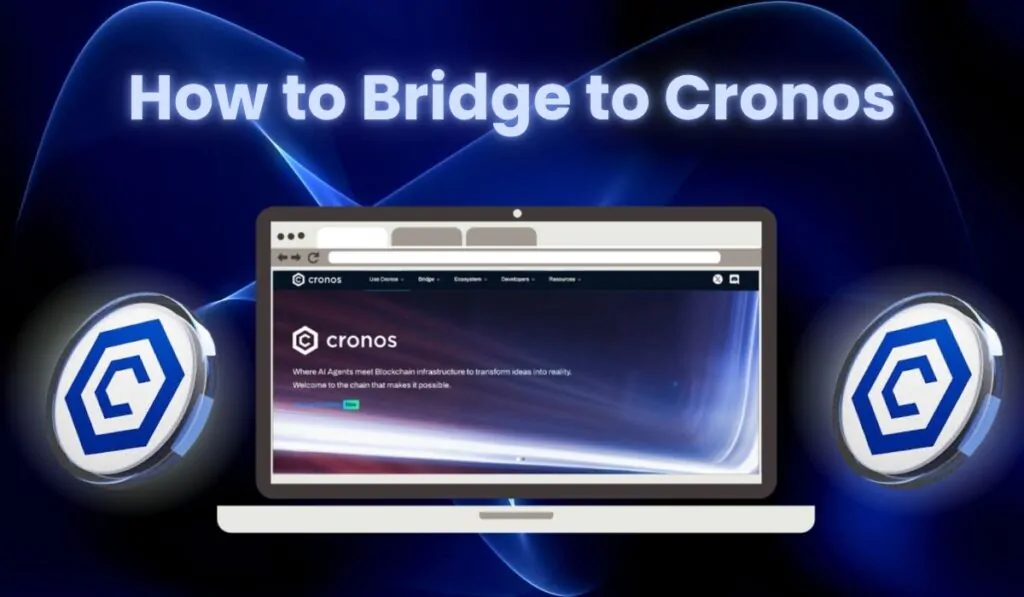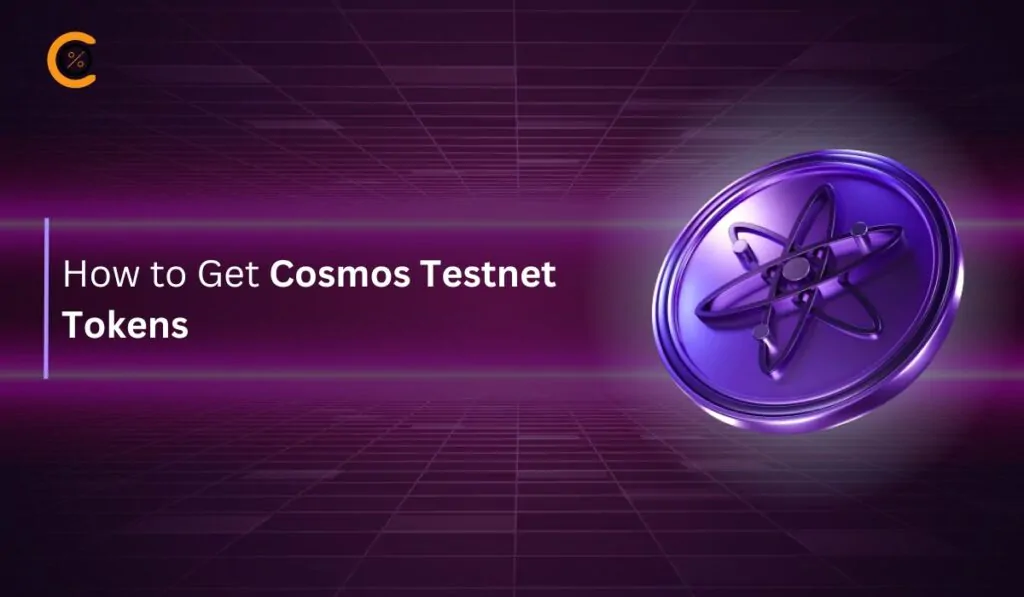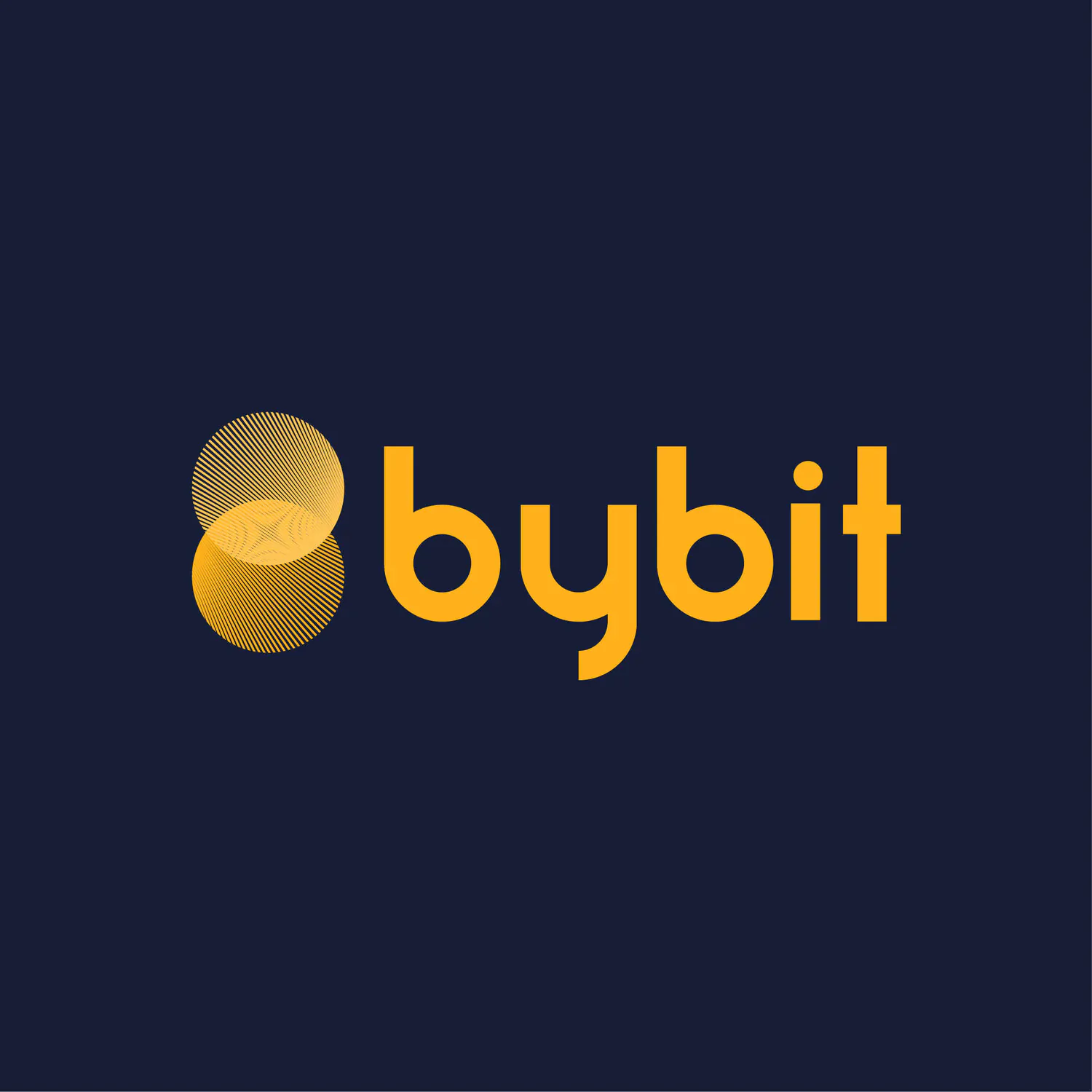- BloFin is the top-rated exchange for Dutch users, offering fast execution, deep liquidity, and no-KYC trading up to $20,000/day.
- Bitvavo, Bitget, and Binance support Euro deposits via SEPA, cards, and Apple Pay, making them ideal fiat on-ramps.
- MiCA-licensed platforms like Coinbase and Bitvavo offer full regulatory compliance for EU residents.
- BTCC offers up to 500x leverage, while BloFin and Bitget lead in low-fee futures trading starting at 0.02% maker.
If you want to trade cryptocurrencies as a citizen of the Netherlands, it is important to register on a safe and legitimate crypto trading platform that cooperates with the Dutch Central Bank. Looking for reliable crypto trading platforms? Look no further!
We took all key factors into consideration, such as products & features, regulations & licenses, fees, deposit & withdrawal methods, customer support, and more. We also looked into laws, regulations, and licensing to present you with secure and reliable exchanges. At the end of this guide, you will know exactly which crypto platform is best for you as a Dutch cryptocurrency investor and trader.
Top 7 Best Crypto Exchanges in the Netherlands
We have analyzed over 100 crypto exchanges to compile a list of the top 7 crypto exchanges in the Netherlands. Read on to learn everything that you need to know about the best crypto exchanges for Dutch crypto traders!
- BloFin – Best Overall Exchange for Dutch Crypto Traders
- BTCC – Best for High Leverage & No-KYC Futures Trading
- Coinbase – Best for Simple, Regulated Crypto Access
- Bitvavo – Best Dutch-Regulated Exchange for Beginners
- Phemex – Best for Automated & Bot-Based Trading
- Bitget – Best for Altcoins & Euro Deposit Options
- Binance – Best for Professional Trading Tools & Volume
| Exchange | Cryptos | Spot Fees | Future Fees | Max Leverage | Bonus | KYC |
|---|---|---|---|---|---|---|
| 1. BloFin | 564+ | 0.10% / 0.10% | 0.02% / 0.06% | 150x | $10,000 | No |
| 2. BTCC | 400+ | 0.20% / 0.30% | 0.02% / 0.045% | 500x | $11,000 | No |
| 3. Coinbase | 297+ | 0.40% / 0.60% | 0.05% / 0.05% | 10x | None | Yes |
| 4. Bitvavo | 390+ | 0.10% / 0.25% | N/A | Not Supported | $10 | Yes |
| 5. Phemex | 536+ | 0.10% / 0.10% | 0.01% / 0.06% | 100x | $8,800 | No |
| 6. Bitget | 871+ | 0.10% / 0.10% | 0.02% / 0.06% | 125x | $20,000 | Yes |
| 7. Binance | 508+ | 0.10% / 0.10% | 0.02% / 0.05% | 125x | $100 | Yes |
1. BloFin
Founded in 2019, BloFin is a Cayman Islands-based exchange offering over 564 spot assets and 440 futures contracts, with leverage going up to 150x. It appeals to active traders looking for deep markets and high-speed execution, without compromising on privacy.
Trading fees are in line with most major platforms; 0.10% for spot, and 0.02% maker / 0.06% taker for futures, while also supporting Demo trading for beginners. No KYC is required for withdrawals up to $20,000 per day, while verified users can unlock limits of $1 million or more, depending on their level.
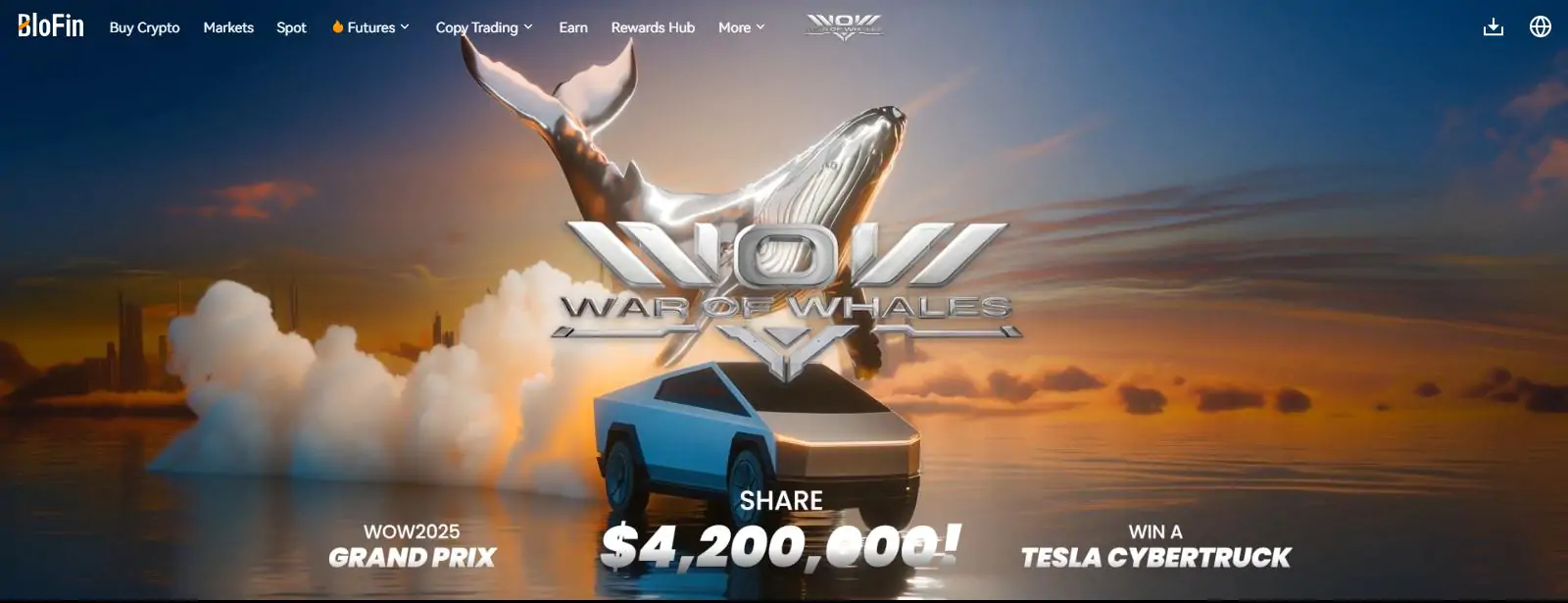
In June 2025, BloFin added coin-margined BTC and ETH perpetuals, offering more flexibility beyond the typical USDT pairs. Around the same time, it was ranked second globally in futures liquidity, based on slippage depth at the 0.05% and 0.1% levels. Infrastructure benchmarks also showed that BloFin loads faster than Binance, Bybit, OKX, and Bitget, both on desktop and mobile.
Deposits are supported in USD, EUR, GBP, and other major currencies through SEPA, Apple Pay, Alchemy Pay, Simplex, Google Pay, and more. Withdrawals are crypto-only. With $9.73 billion in daily futures volume and 24/7 customer support, BloFin continues to gain traction among serious traders.
While still building brand recognition, its no-KYC access, solid liquidity, and platform speed make it the top-ranked exchange for Dutch users in 2025.
To learn more about BloFin, read our complete BloFin review.
- Supported Cryptocurrencies: 564+
- Futures Contracts: 440+
- Max. Leverage: 150x
- Spot Trading Fees: 0.10% (maker/taker)
- Futures Trading Fees: 0.02% (maker), 0.06% (taker)
- Deposits & Withdrawals: SEPA, Apple Pay, Alchemy Pay, Simplex, Google Pay, credit/debit cards
BloFin Pros and Cons
| 👍 Blofin Pros | 👎 Blofin Cons |
|---|---|
| ✅ No-KYC exchange with global access (incl. US, UK, Canada) | ❌ Relatively new |
| ✅ $9.7B+ daily volume and 2M+ users | ❌ No Copy trading, and staking options available |
| ✅ Up to 150x leverage on futures | |
| ✅ Bot trading supported | |
| ✅ Full proof of reserves | |
| ✅ Multiple fiat gateways: Google Pay, SEPA, Alchemy Pay, etc. |
2. BTCC
Founded in 2011, BTCC is one of the longest-running crypto exchanges still in operation. It offers 400 spot assets and 314 futures contracts, with leverage reaching up to 500x, one of the highest available in the market.
Futures fees are slightly below average at 0.02% maker / 0.045% taker, while spot fees are higher at 0.20% maker / 0.30% taker. The platform does not require KYC for withdrawals under $10,000 per day, and verified users can raise this limit to $1 million. Fiat deposits are not supported, but crypto top-ups can be made using bank transfers, credit/debit cards, and various third-party payment methods.

In June 2025, BTCC appointed Dan Liu as CEO, signaling a shift toward product refinement and global user expansion. The platform also reported proof-of-reserves ratios of 135% in June, indicating solid asset backing. While spot trading remains limited in coin selection, BTCC sees strong demand in the futures market with $12.34 billion in daily volume. BTCC also offers copy trading, forex, and commodity markets, and includes demo trading features.
To learn more about BTCC, read our complete BTCC review.
- Supported Cryptocurrencies: 400+
- Futures Contracts: 314+
- Max Leverage: 500x
- Spot Trading Fees:20% (maker), 0.30% (taker)
- Futures Trading Fees: 02% (maker), 0.045% (taker)
- Deposits & Withdrawals: Crypto deposits via cards, bank transfer; withdrawals are crypto-only
BTCC Pros and Cons
| 👍 BTCC Pros | 👎 BTCC Cons |
|---|---|
| ✅ High leverage up to 500x on futures | ❌ High spot trading fees |
| ✅ No KYC required for withdrawals up to $10,000/day | ❌ No fiat withdrawal support, crypto only |
| ✅ Supports copy trading and demo accounts | |
| ✅ Offers forex and commodity trading options | |
| ✅ Strong proof-of-reserves ratios (135% in June 2025) |
3. Coinbase
Founded in 2012, Coinbase is one of the most recognized crypto exchanges globally, serving over 108 million users. It offers 297 spot assets and 164 futures contracts, with up to 10x leverage on derivatives.
Spot fees are among the highest in the industry at 0.40% maker / 0.60% taker, while futures trades are charged at a flat 0.05% for both sides. KYC is mandatory, and only verified users can trade or withdraw. Supported fiat currencies include USD, EUR, and GBP, with deposit methods like credit/debit cards and crypto top-ups.

In June 2025, Coinbase secured a MiCA licence via Luxembourg, allowing it to legally operate across all 27 EU states, including the Netherlands. A month earlier, the exchange entered a $2.9 billion agreement to acquire Deribit, a Dutch-founded derivatives platform, marking a major expansion into advanced trading products.
While Coinbase is known for its security, regulatory compliance, and beginner-friendly interface, it is not suited for professional traders due to high fees and limited order types.
To learn more about Coinbase, read our complete Coinbase review.
- Supported Cryptocurrencies: 297+
- Futures Contracts: 164+
- Max Leverage: 10x
- Spot Trading Fees:40% (maker), 0.60% (taker)
- Futures Trading Fees:05% (maker/taker)
- Deposits & Withdrawals: Supports USD, EUR, GBP via cards and crypto
Coinbase Pros & Cons
| 👍 Coinbase Pros | 👎 Coinbase Cons |
|---|---|
| ✅ Reputable exchange | ❌ High trading fees |
| ✅ Very secure crypto trading platform | ❌ No Futures |
| ✅ Very beginner-friendly | ❌ Lacks advanced trading features |
| ✅ Highly regulated | ❌ No live chat support |
| ✅ Euro deposits supported |
4. Bitvavo
Founded in 2018 and based in Amsterdam, Bitvavo is a fully regulated European exchange focused on retail users. It offers over 390 cryptocurrencies for spot trading and supports EUR deposits via SEPA, credit cards, debit cards, and crypto.
Spot trading fees are set at 0.10% maker / 0.25% taker, with no futures or margin trading available. KYC is mandatory, and users can withdraw up to €25,000 daily after completing Level 1 verification. The platform does not support leverage, derivatives, or advanced order types, which limits its appeal to professional traders.
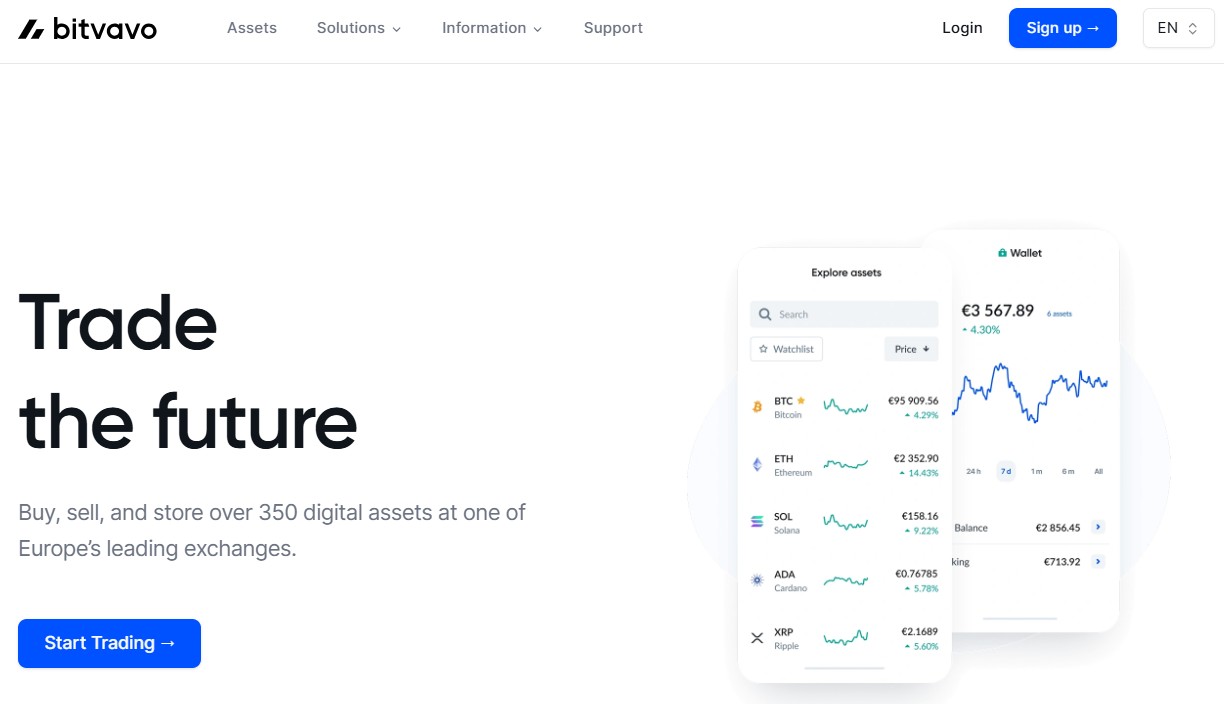
In June 2025, Bitvavo became the first Dutch exchange to receive a MiCA licence from the Dutch AFM, allowing it to legally serve users across the EU, Norway, Iceland, and Liechtenstein. The same month, it introduced Fixed Staking with lock-up periods to complement its simplified Flex Staking model.
Bitvavo has over 4 million users, and while it lacks pro-level features, it remains a top choice for casual traders in the Netherlands looking for regulatory clarity and an easy onboarding process.
To learn more about Bitvavo, read our complete Bitvavo review.
- Supported Cryptocurrencies: 390+
- Futures Contracts: None
- Max Leverage: None
- Spot Trading Fees:10% (maker), 0.25% (taker)
- Deposits & Withdrawals: EUR via SEPA, cards, and crypto
Bitvavo Pros and Cons
| 👍 Bitvavo Pros | 👎 Bitvavo Cons |
|---|---|
| ✅ MiCA licensed as of June 2025 | ❌ No futures, margin, or leveraged products |
| ✅ User-friendly interface for beginners | ❌ Limited to European countries |
| ✅ Offers both Flex and Fixed staking | |
| ✅ Strong local presence and SEPA support |
5. Phemex
Launched in 2019 and headquartered in Singapore, Phemex is a high-performance crypto exchange serving over 5 million users. It supports 536 spot assets and over 440 futures contracts, with leverage of up to 100x for derivatives and 5x for margin trading.
Fees are competitive; 0.10% for spot, and just 0.01% maker / 0.06% taker for futures. No KYC is required for withdrawals up to $50,000 per day, while verified users can access limits as high as $2 million. Supported fiat currencies include USD, EUR, GBP, CHF, JPY, and others, with deposit options like credit/debit cards, SEPA, Apple Pay, MoonPay, and more.
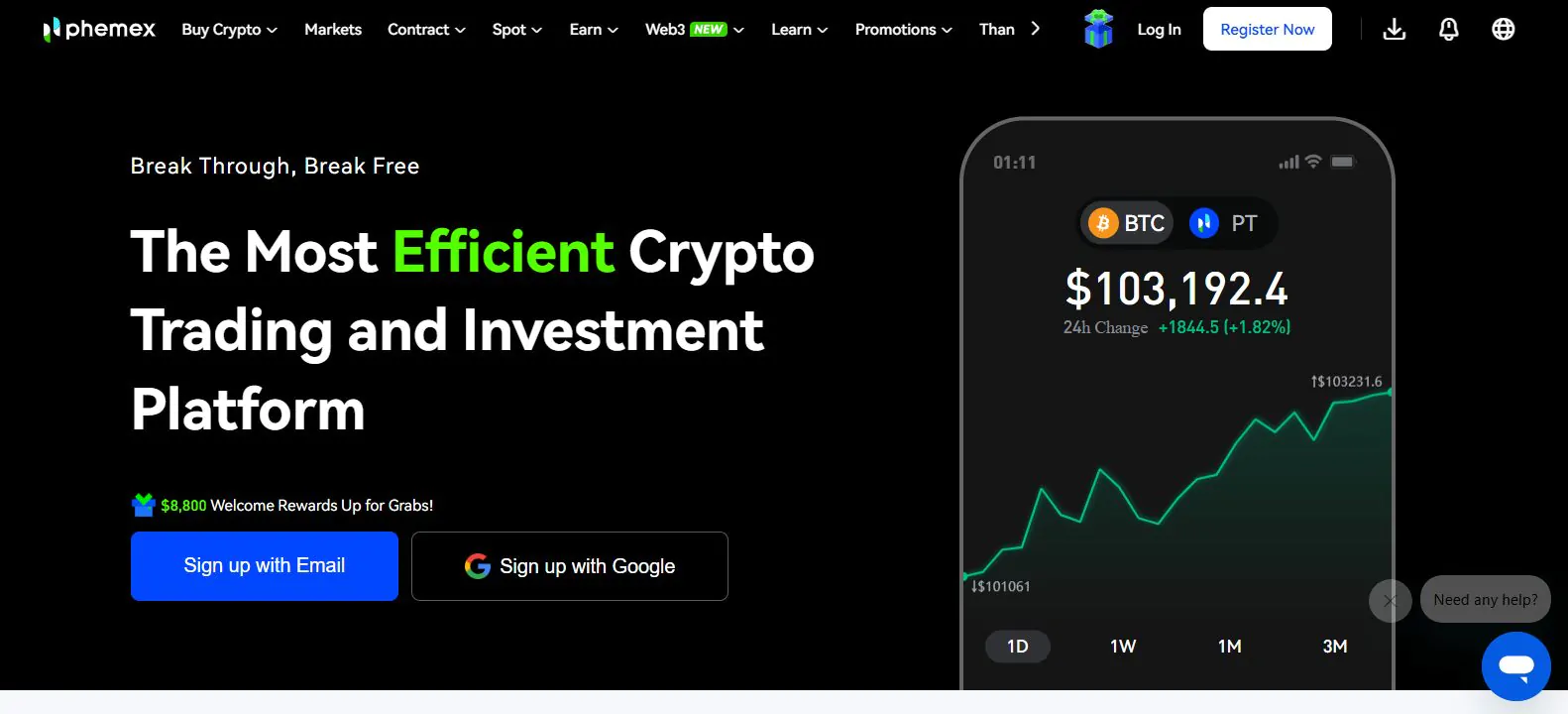
However, bank transfers are not available for Dutch users, even though other deposit methods may still function. Withdrawals are crypto-only. Phemex offers a wide range of automated tools, including copy trading, grid bots, signal bots, and martingale strategies. The platform is built for active futures traders, with daily volume reaching $860 million, and a clean interface that works well for both beginners and experienced users.
To learn more about Phemex, read our complete Phemex review.
- Supported Cryptocurrencies: 536+
- Futures Contracts: 440+
- Max Leverage: 100x (futures), 5x (margin)
- Spot Trading Fees: 10% (maker/taker)
- Futures Trading Fees:01% (maker), 0.06% (taker)
- Deposits & Withdrawals: Crypto, cards, SEPA, Apple Pay, others (bank transfers limited by region)
Phemex Pros & Cons
| 👍 Phemex Pros | 👎 Phemex Cons |
|---|---|
| ✅ Low fees for cost-effective trading | ❌ Limited Fiat Support |
| ✅ No KYC requirements | ❌ Few Educational Resources |
| ✅ High speed transactions per second | |
| ✅ Spot, margin, and futures trading options | |
| ✅ Advanced tools available for trading | |
| ✅ Phemex Pulse for community and market insights | |
| ✅ Early project access via Launchpool with PT token |
6. Bitget
Founded in 2018 and headquartered in Singapore, Bitget is one of the largest crypto derivatives exchanges, with over 8 million users and support for 871+ spot assets and 488 futures contracts. It offers leverage up to 125x on futures and 3x on spot margin, targeting both retail and professional traders.
Fees are competitive; 0.10% for spot, and 0.02% maker / 0.06% taker for futures. KYC is required for all users, but withdrawal limits are generous: up to $3 million daily at Level 2. The platform supports USD, EUR, GBP, and more via SEPA, cards, PIX, Google Pay, and other local payment rails.
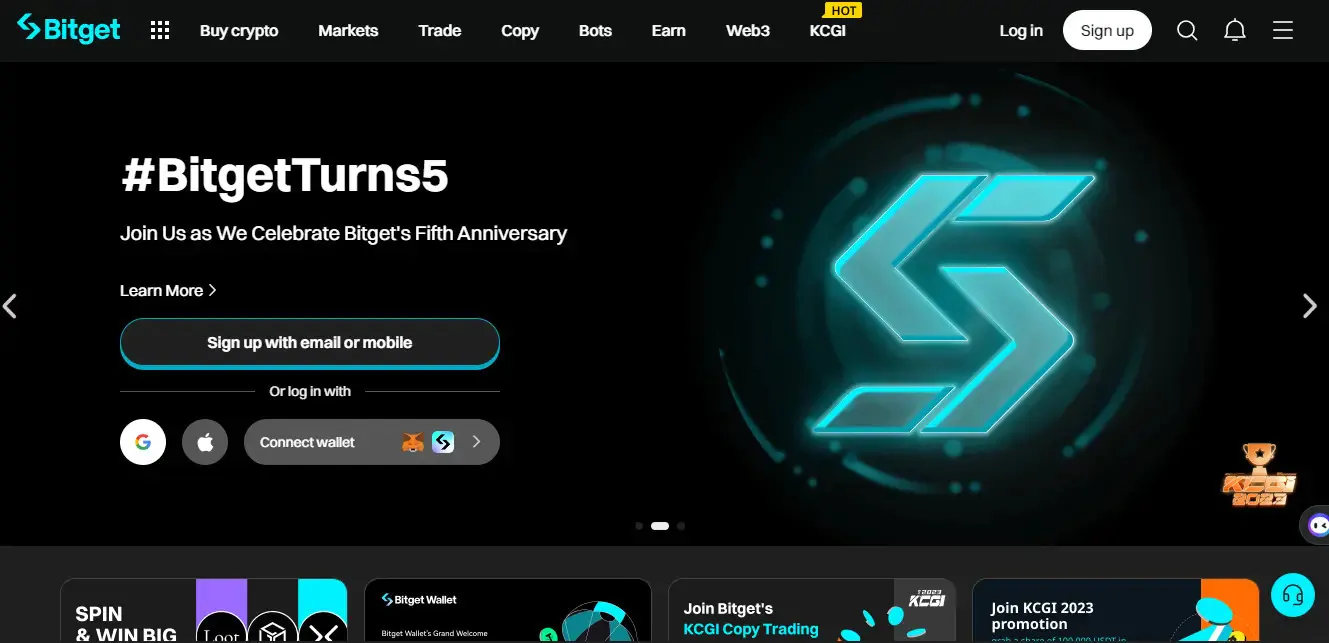
Bitget is actively working toward MiCA compliance, with a European hub established in Lithuania to strengthen its presence in the EU region. The exchange also offers a wide range of automated tools, including grid bots, CTA strategies, signal trading, and a full-featured copy trading system. Its daily futures volume exceeds $12.4 billion, making it a strong choice for high-volume traders.
To learn more about Bitget, read our complete Bitget review.
- Supported Cryptocurrencies: 871+
- Futures Contracts: 488+
- Max Leverage: 125x (futures), 3x (margin)
- Spot Trading Fees: 10% (maker/taker)
- Futures Trading Fees:02% (maker), 0.06% (taker)
- Deposits & Withdrawals: EUR via SEPA, cards, Google Pay, Apple Pay, PIX
Bitget Pros & Cons
| 👍 Bitget Pros | 👎 Bitget Cons |
|---|---|
| ✅ Free Euro deposits via bank transfer | ❌ Advanced Features are confusing for beginners |
| ✅ 15M+ users and $12B+ daily volume | ❌ KYC required for full access |
| ✅ Regulated (CySEC, FinCEN & more) | ❌ Not available in US |
| ✅ Supports copy trading and P2P market | |
| ✅ 871+ cryptos and 488+ futures contracts | |
| ✅ Up to 125x leverage with low fees |
7. Binance
Founded in 2017, Binance is the world’s largest cryptocurrency exchange by trading volume, serving over 213 million users. It supports 508+ spot cryptocurrencies and 520+ futures contracts, with leverage of up to 125x for futures and 10x on margin trades.
Fees are straightforward; 0.10% for spot, 0.02% maker / 0.05% taker for futures. The platform supports a wide range of deposit methods, including credit/debit cards, SEPA, bank transfers, Google Pay, Apple Pay, and P2P channels. Fiat support includes EUR, GBP, BRL, and several others. KYC is required for trading and withdrawals.

Binance also offers a broad toolkit for experienced traders: copy trading, futures, and automated bots including grid, arbitrage, and rebalancing strategies. Its daily futures volume exceeds $35 billion, and the spot market regularly surpasses $10 billion. The exchange continues to operate globally under a range of licenses, including oversight by VARA in Dubai and FinCEN in the U.S.
To learn more about Binance, read our complete Binance review.
- Supported Cryptocurrencies: 508+
- Futures Contracts: 520+
- Max Leverage: 125x (futures), 10x (margin)
- Spot Trading Fees: 10% (maker/taker)
- Futures Trading Fees:02% (maker), 0.05% (taker)
- Deposits & Withdrawals: EUR, GBP, BRL via SEPA, cards, P2P, and crypto
Binance Pros and Cons
| 👍 Binance Pros | 👎 Binance Cons |
|---|---|
| ✅ Most comprehensive crypto platform | ❌ Not very user-friendly |
| ✅ Largest trading volumes globally (spot and futures) | ❌ Slow during high volatility phases |
| ✅ 24/7 live chat support | ❌ Regulatory issues in some EU countries |
| ✅ Best passive income products | ❌ Not available in US |
| ✅ Cheap Euro deposits |
Final Thoughts
With so many platforms competing for attention, choosing a crypto exchange in the Netherlands can feel overwhelming. That’s why we reviewed each option based on product depth, trading fees, KYC requirements, fiat support, and overall performance, so you don’t have to.
In 2025, BloFin takes the top spot for Dutch traders thanks to its no-KYC access, fast infrastructure, deep liquidity, and wide asset support. Other platforms like Bitget, Phemex, and BTCC also stand out for their futures markets and automated trading tools, while Bitvavo and Coinbase offer simpler interfaces better suited for beginners.
Whether you’re looking for high leverage, staking options, or just a reliable Euro on-ramp, there’s a strong exchange here for every type of trader.
FAQs
1. Is Cryptocurrency Legal in the Netherlands?
Yes. Cryptocurrencies such as Bitcoin are legal in the Netherlands. The Dutch Central Bank (De Nederlandsche Bank, or DNB) supervises crypto service providers under national and EU regulatory frameworks, including AML laws and the MiCA regulation.
2. Is Cryptocurrency Taxable in the Netherlands?
Yes. Crypto holdings are considered part of your assets and are taxed under Box 3 of the Dutch income tax system. While trading profits aren’t taxed directly as capital gains, your overall asset value, including crypto, is subject to wealth tax. It’s advisable to consult a Dutch tax advisor for accurate reporting.
3. How to buy Bitcoin & other Cryptos in the Netherlands
Here’s a straightforward process to get started:
Step 1: Sign up with a platform that complies with EU and Dutch regulations. All platforms in this guide meet that standard.
Step 2: Most exchanges require ID verification to access full features and higher withdrawal limits.
Step 3: Use SEPA, credit/debit cards, or other supported methods to fund your account in Euros.
Step 4: Select your asset, enter the amount, and place your order.
Step 5: For long-term security, consider transferring your assets to a private crypto wallet.
4. Do I need to complete KYC to trade crypto in the Netherlands?
That depends on the platform. Some exchanges like BloFin, BTCC, and Phemex allow trading and withdrawals without KYC, up to certain limits. Others like Coinbase, Bitvavo, and Binance require full KYC for all users.
5. Which exchange is best for Euro deposits?
Bitget, Bitvavo, and Binance offer the most convenient Euro deposit options, including SEPA, credit/debit cards, and Apple Pay. These platforms are ideal if you want fast, low-fee fiat on-ramps.
6. Which platform is best for beginners in the Netherlands?
Bitvavo and Coinbase are both beginner-friendly. They offer clean interfaces, simple onboarding, fiat support, and limited advanced features — making them suitable for first-time crypto users.
7. What is the cheapest crypto exchange in the Netherlands?
Fee structures vary by trading style, but BloFin and Bitget offer some of the lowest futures fees (starting at 0.02% maker). For spot trading, Bitvavo and Phemex offer relatively low maker/taker rates depending on volume and tier.

